以前、このブログで、Intelligence Squareのディベート ”Death Is Not Final(死後の世界は存在する)” を取り上げたことがありました。その時の内容を、少し引用させていただきます。
皆さんは、死後の世界は信じますか。そんな少しオカルトチックなトピックを真面目にディベートしています。
賛成側のディベーターには、臨死体験を自らが経験したことにより、死後の世界を信じるようになった神経外科医の先生、そして、NDE(Near Death Expeirience)という言葉を生み出した内科医の先生。
一方、反対側のチームも、著名な物理学者の先生とイェール大学の神経学者の先生と錚々たるメンバーがディベートに挑んでいます。
反対側のチームの主張は、現在の科学では、脳と心(マインド)は同一なものという見解で統一されているので、死(脳死)= 心も消滅する、したがって、死後に心だけが残るということはあり得ないということでした。
賛成側の主張は、これまでも何千という臨床経験のサンプルが集まっていて科学的にも十分に信憑性に値する。科学的に証明されたことだけを信じる科学者の態度は重要なことを見落としていると言っています。
この時のディベートの、否定側のチームに回った科学者たちの主張は、
現在の科学では、脳と心(マインド)は同一なものという見解で統一されているので、死(脳死)= 心も消滅する、したがって、死後に心だけが残るということはあり得ないということでした。
私自身は、この、脳と心は同一のものだという見解にしっくりこないものを感じていたのですが、たまたま、世界的なベストセラーである、”サピエンス全史” を書いた、ユヴァル・ノア・ハラリ氏の別の著作 ”21世紀の人類のための21の思考” の中で、心と脳は全く別のものであると書かれている箇所がありました。その箇所を少し紹介させていただきたいと思います。
多くの科学者を含む多くの人々は、心と脳を混同する傾向がありますが、それらは実際には全く異なるものです。脳は、ニューロン、シナプス、生化学の物質的ネットワークです。心は、痛み、喜び、怒り、愛などの主観的な経験の流れです。生物学者は、脳が何らかの形で心を作り出し、何十億ものニューロンの生化学反応が何らかの形で痛みや愛などの経験を作り出していると仮定しています。しかし、心が脳からどのようにして生まれるのかについては、今のところ全く説明がついていません。なぜ、何十億ものニューロンが特定のパターンで電気信号を発射しているときに、私は痛みを感じ、そのニューロンが別のパターンで発射しているときに、私は愛を感じるのでしょうか?我々には手がかりがありません。したがって、仮に心が本当に脳から出てきたとしても、心を研究することは、少なくとも今のところ、脳を研究することとは別の仕事なのです。
如何でしょうか。
脳と心の関係は、脳科学の分野では、心脳問題と呼ばれ多くの科学者が答えを出そうと研究しています。心脳問題とは、「物質」であるはずの脳の動きから、どのようにして「物質ではない」はずの心、つまり主観的な意識という体験が生じるのかというお題です。
また、「物質ではない」心が、「物質である」体を動かしているのだとしたら、いくら脳の中身を調べても、心のメカニズムは解き明かせないという問題でもあります。
何か、頭が混乱してきそうですが、頭をクリアにするためにメディテーションでもしてみたいと思います。あれ、混乱しているのは、脳でしょうか?それとも心でしょうか?
(English)
I have previously covered the Intelligence Square debate “Death Is Not Final” on this blog.
Let me quote a few words from that debate.
Do you believe in an afterlife? This is a serious debate on such a slightly occult topic.
The debaters on the pro side are a neurosurgeon who came to believe in the afterlife after his own near-death experience, and a medical doctor who coined the term NDE (Near Death Expeirience).
On the other side of the debate, a prominent physicist and a neurologist from Yale University, as well as a distinguished member of the opposing team, are challenging the debate.
The opposing team argued that since current science is unified in its view that the brain and the mind are one and the same, death (brain death) = the disappearance of the mind as well; therefore, it is not possible for the mind to remain alone after death.
The argument in favor is well worthy of scientific credibility, as thousands of samples of clinical experience have been gathered so far. They say that the attitude of scientists who believe only what has been scientifically proven is overlooking something important.
The argument of the debate at this time, of the scientists who were on the denial side of the team, was.
Since the current science is unified in the view that the brain and mind are the same, death (brain death) = the disappearance of the mind, therefore, it is not possible that only the mind remains after death.
I myself was not comfortable with this view that the brain and the mind are one and the same, but I happened to read another book by Yuval Noah Harari, the author of the international bestseller “Sapiens”. I found a passage in “21 Lessons” where it says that the mind-brain is something else entirely. I’d like to share a few of those passages with you.
Many people, including many scientists, tend to confuse the mind with the brain, but they are really very different things. The brain is a material network of neurons, synapses, and biochemicals. The mind is a flow of subjective experiences, such as pain, pleasure, anger, and love. Biologists assume that the brain somehow produces the mind and that biochemical reactions in billions of neurons somehow produce experiences such as pain and love. However, so far we have absolutely no explanation for how the mind emerges from the brain. Why is it that when billions of neurons are firing electrical signals in a particular pattern, I feel pain, and when the neurons fire in a different pattern, I feel love? We haven’t got a clue. Therefore, even if the mind indeed emerges from the brain, studying the mind is a different undertaking from studying the brain, at least for now.
What do you think?
The relationship between the brain and the mind is called the mind-brain problem in the field of neuroscience, and many scientists have been studying it in an attempt to find an answer.The mind-brain problem is a question of how the brain, which is supposed to be “material,” can be transformed into a mind that is not “immaterial,” that is, a subjective consciousness.
The question is whether or not the experience of being “material” arises. Also, if the “immaterial” mind is moving the “material” body, then this is a problem that no matter how much we examine the contents of the brain, we cannot unravel the mechanism of the mind.
Something about it seems to confuse me, but I’d like to try meditation to clear my head. Oh, is it the brain that’s confusing? Or is it the mind?
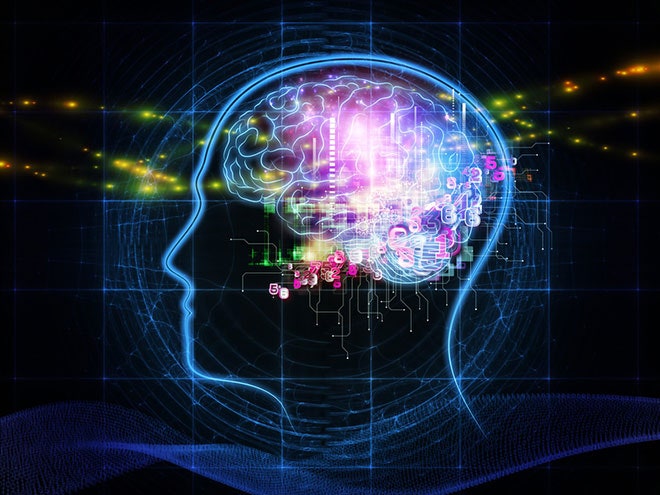





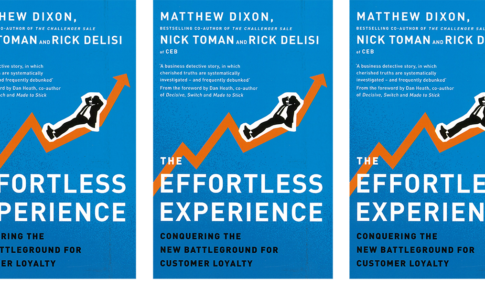
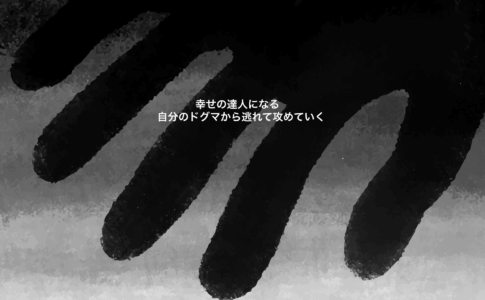


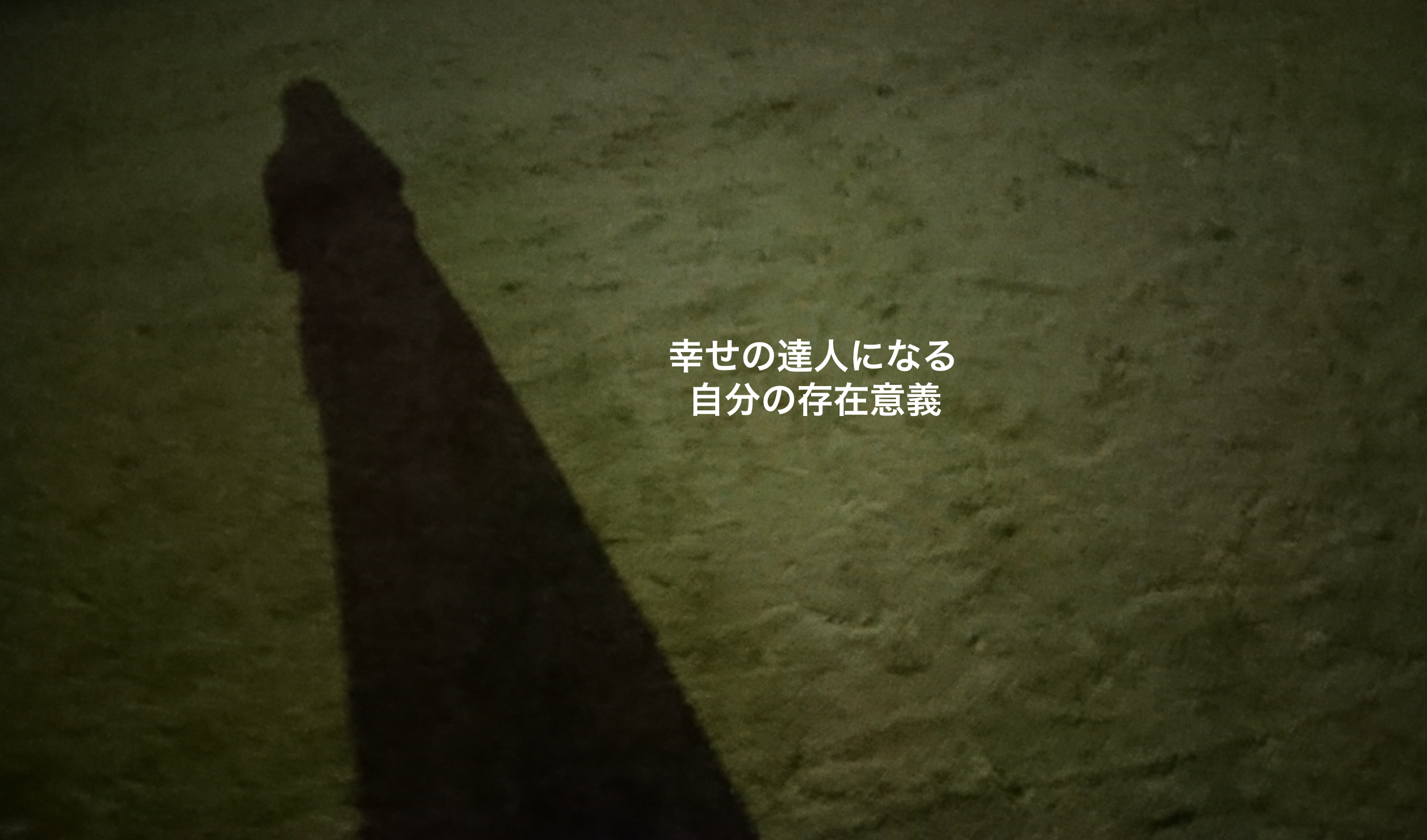


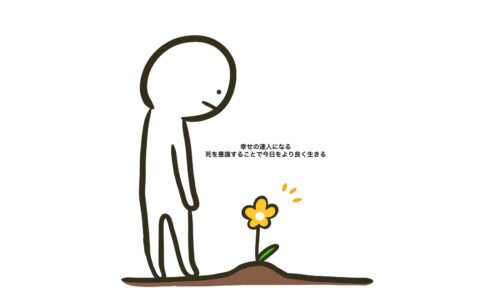
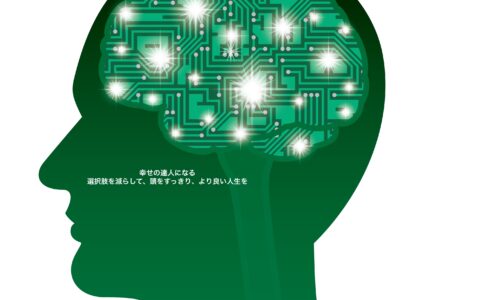

コメントを残す